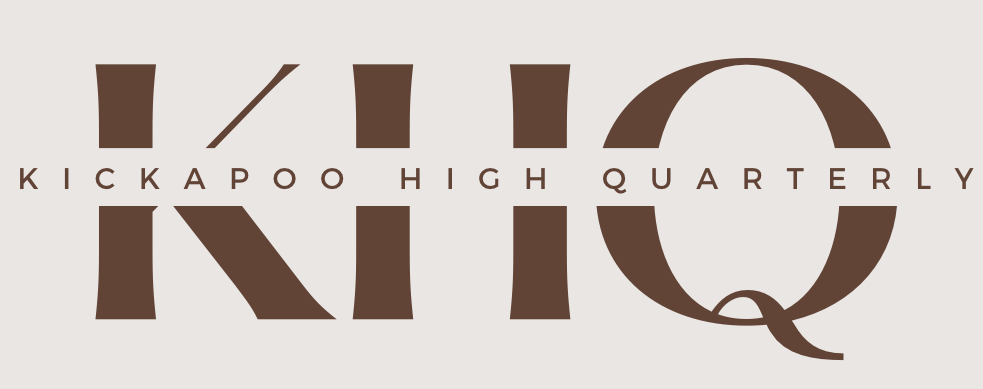Throughout our years in school, Galileo tests are used to measure how students digest the information in their courses. In my experience, the Galileo tests typically cover a lot of unfamiliar information. I often end up guessing or putting little to no effort into the tests because of how difficult they can be.
It just feels like busy work when we have to take a Galileo test three times per course. The first test is always at the beginning of the semester and serves to determine how much students know before learning the content. The second is a benchmark test to ensure progress, and the last is to see how much students have improved from the beginning of the course.
Alongside Galileo testing, students take EOCs at the end of every course. It seems unnecessary to take two tests that serve the same purpose, which is to rank our knowledge.
Galileo tests seem like an ineffective way to report the progress students are making within their courses because oftentimes the tests aren’t captivating and are seen as burdensome. Due to the lack of engagement, students may not give their best effort or put forth any at all.
According to Assessment Technology Incorporated (ATI), which created Galileo, there is a risk level summary created after the test results to identify what level each student is at. The levels are On Course or Low, Moderate, or High Risk for not meeting the standards of the course.
Even if a student was passing the class with a high grade, they could still be judged on how well they learned based on their Galileo test score. I believe it is unrealistic to judge a student’s knowledge based on one standardized test score.
Similarly, the ACT ranks students’ knowledge based on the score they receive.
The ACT is one of the most popular standardized tests for high schoolers. The test is composed of four sections, including reading, math, science, and English. The test is measured out of 36 points and can be the determining factor for what colleges and scholarships a student may partake in.
However, one in four universities have made the ACT optional due to research that suggests an increase in diversity. Low-income students often don’t have access to the resources to fully prepare for the ACT, causing their scores to average lower. Making the submission of the test results optional means that low-income students have a higher chance of getting into the colleges they apply to.
A study done in 2020 by the American Educational Research Association discovered that GPA is five times better at predicting who will graduate from college than ACT scores. This research shows the test can not fully measure and determine the level of intelligence or success of students.
Additionally, fear of failure or anxiety can cause people to bomb tests, even if they know the information they’re testing over.
The capability of acquiring and applying knowledge should not be diminished based on one test score. I don’t believe Galileo’s, the ACT, or any standardized test fully reflects any student’s ability to learn and retain information. These tests only show a fraction of a student’s full potential and are an unfair representation of knowledge.








